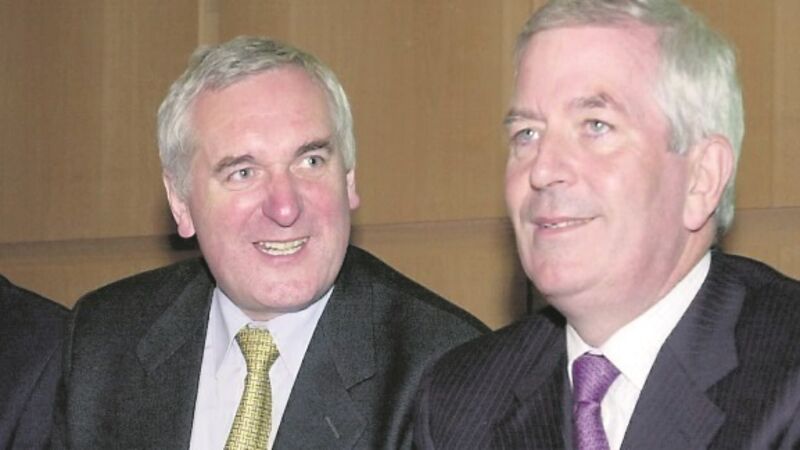I want to vote for a government that will honestly begin to address what’s wrong

I don’t often disagree with Fintan O’Toole. But he wrote a piece in the Irish Times during the week that I thought was profoundly simplistic — to the extent that it was an insult to the electorate.
It was a plea for more democracy — something with which I heartily agree — but it started this way:















